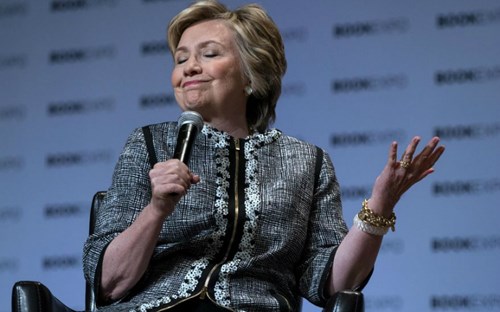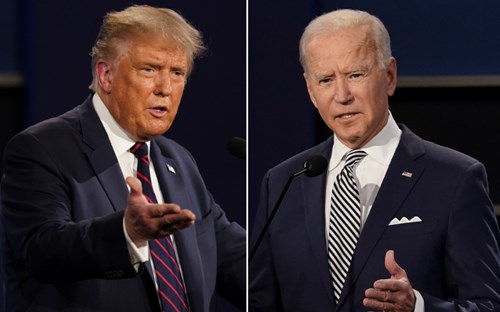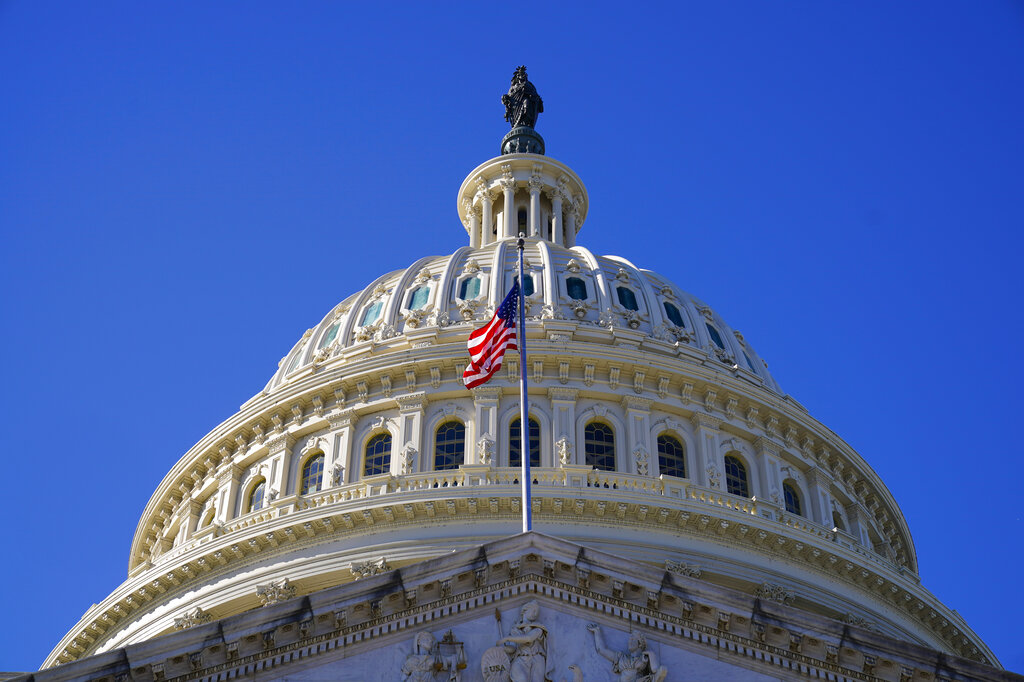A scathing May 7 column in the Journal accuses the Economist of “editorial cowardice” for publishing an editorial and an entire special section on the topic of “disinformation,” without any mention of the so-called Steele dossier and Hunter Biden’s laptop.
 In the op-ed, Journal columnist Holman Jenkins Jr. likens the treatment of Trump to “splitting,” a psychological disorder in which a person or topic is completely good or completely bad. The person suffering from the disorder has no ability to think rationally about complex issues, only to narrowly simplify them.
In the op-ed, Journal columnist Holman Jenkins Jr. likens the treatment of Trump to “splitting,” a psychological disorder in which a person or topic is completely good or completely bad. The person suffering from the disorder has no ability to think rationally about complex issues, only to narrowly simplify them.
Jenkins' description of modern-day newsrooms comes after Trump-hating liberal news outlets eagerly reported on Trump’s “Russia collusion” allegations and the salacious claims he was filmed in a Moscow hotel room with Russian prostitutes. Since the president was blackmailed, the reasoning went, there is a Russian asset sitting in the White House.
 The reporting on Trump and "Russiagate" even earned a 2018 Pulitzer Prize shared by reporters at The New York Times and The Washington Post.
The reporting on Trump and "Russiagate" even earned a 2018 Pulitzer Prize shared by reporters at The New York Times and The Washington Post.
The media only learned later, thanks to Special Counsel John Durham, it had carried water for the Hillary Clinton campaign. Her campaign had paid a political firm to dig up dirt on Trump, known as opposition research in politics, and that unverified dirt became known as the “Steele dossier.”
Richard Randall, a Colorado-based talk show host, tells AFN the reference to “splitting” is a fair one. Just like newsrooms ran with allegations about Trump to hurt him, newsrooms also knew the laptop and its salacious contents were real but that topic would hurt Biden.
 “The media was protecting Joe Biden, and they hated President Trump so much,” Randall says, “that they controlled the narrative for a long time.”
“The media was protecting Joe Biden, and they hated President Trump so much,” Randall says, “that they controlled the narrative for a long time.”
In the op-ed, Jenkins says the media has forgotten the cautionary words of Walter Lippman, the late news reporter and media critic. Lippmann famously said a reporter should not care “whose ox is gored,” meaning to chase a story without worrying if it hurts or helps a politician.
“We tell the truth and let the chips fall because we don’t know where the chips will finally land even if we think we do,” Jenkins writes. “Moreover, once we allow ourselves to start lying to the public for its own good, inevitably our reasons for doing so become more corrupt and self-seeking over time.”














